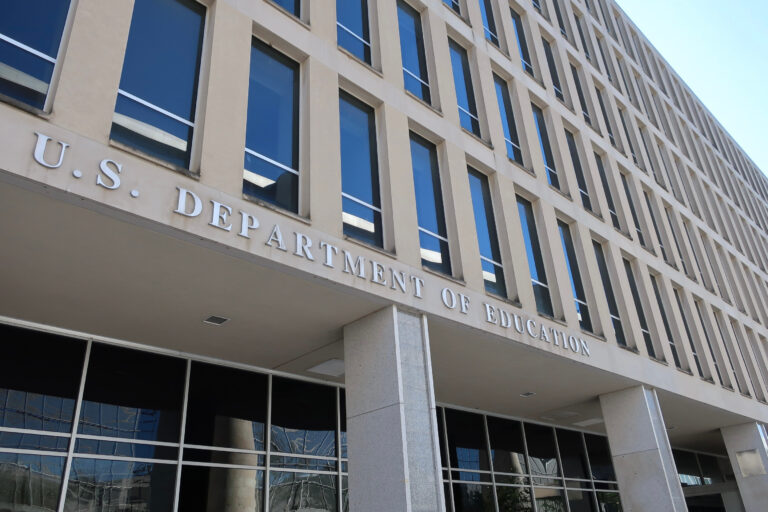On April 3, the U.S. Department of Education Office of Postsecondary Education announced its intention to kick off a new round of negotiated rulemaking. This comes following an executive order aimed at dismantling the agency.
What is negotiated rulemaking? Negotiated rulemaking (or “Neg Reg,” in D.C.-speak) is a required process under the Higher Education Act that brings stakeholders together to negotiate proposed regulations. For a quick primer, check out this conversation with W/A Sr. Advisor Alison Griffin.
While the Neg Reg seems mostly focused on loan repayment (including PSLF, PAYE, and income-driven repayment) the notice includes a broader catchall for “other topics that would streamline current federal student financial assistance programs.” This could open the door for ED to include topics ranging from accreditation to Gainful Employment.
That Was Then, This is Now:
- Biden-era Neg Reg committees convened in 2022 and 2024 focused on proposals related to accountability, borrower protection, and stronger oversight of institutions, particularly for-profit colleges and online program providers. With that shift came a wave of new proposed rules aimed at tightening oversight and eligibility—some advanced, others went nowhere or were struck down in the courts.
- Under the Trump administration, however, it is likely that ED appears to want to reverse course. With language in the public notice focused on cost, complexity, and innovation, this new effort signals a broader shift toward deregulation—opening doors to new providers and perhaps new types of accreditors.
What’s next: In a press statement, Acting Under Secretary James Bergeron called it “an opportunity to identify and cut unnecessary red tape”—and to hear directly from the field on how to streamline and improve the student aid experience.
Written comments will be accepted for 30 days, with ED also holding two hearings during that time to allow stakeholders to weigh in.
The W/A postsecondary team will be tracking closely as this process unfolds—and helping our partners think through what it means for institutions, learners, and the broader field. Please reach out to us with questions.
This article is sourced from Whiteboard Notes, our weekly newsletter of the latest education policy and industry news read by thousands of education leaders, investors, grantmakers, and entrepreneurs. Subscribe here.




